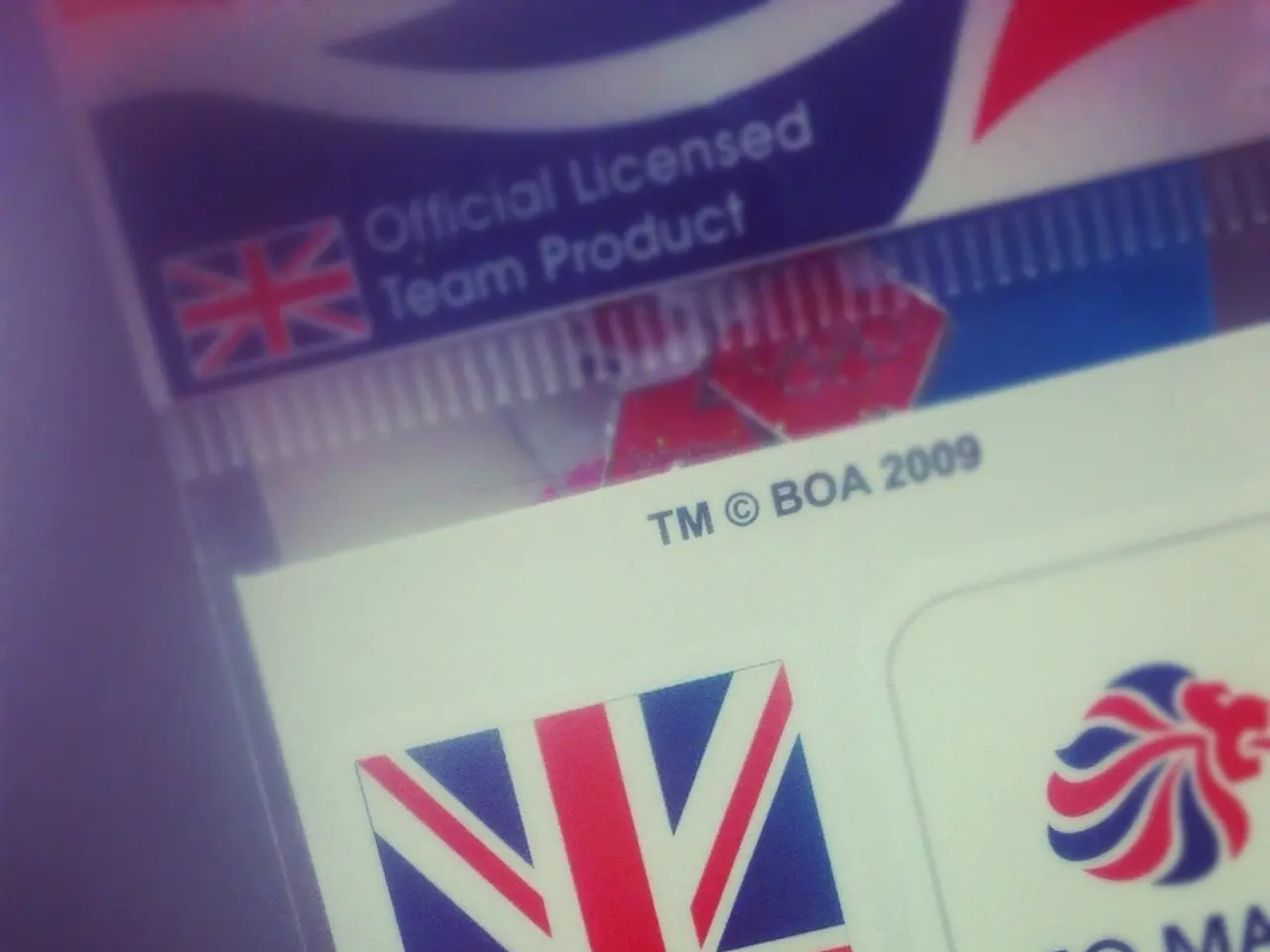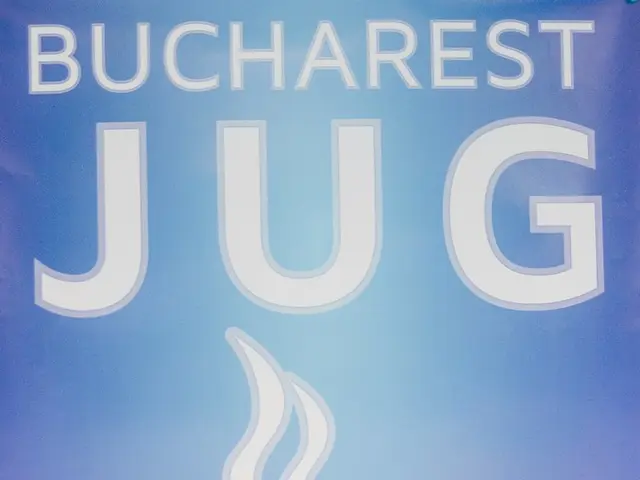Malta intends to enact legislation aimed at safeguarding gambling corporations bearing MGA licenses
Malta is currently considering a controversial law that could shield its licensed gambling companies from the enforcement of foreign court judgments, potentially contravening EU obligations on mutual judicial recognition and restricting the rights of EU citizens to seek remedies against Malta-licensed gambling operators.
The proposed law, known as Bill 55 (Article 56A of the Gaming Act), aims to protect Maltese gambling companies from foreign court judgments that conflict with Maltese rules. This means that Maltese courts would reject the enforcement of foreign rulings against these companies, even if those rulings find the companies liable abroad. The law would shield license holders, executives, and players acting in accordance with Maltese gambling laws from lawsuits initiated in other EU countries or beyond.
However, the European Commission has launched infringement proceedings against Malta, alleging that the law undermines the mutual recognition and enforcement of court judgments between EU member states. The Commission views Malta’s law as a breach of EU obligations under the recast Brussels I Regulation, which typically requires courts in one member state to recognise and enforce judgments from other member states, except under limited public policy exceptions.
The potential implications of this law extend beyond EU-Malta relations. Individuals or businesses in other EU countries who claim losses or damages from Malta-licensed gambling operators may find it difficult or impossible to enforce judgments obtained in their home countries if those judgments contradict Maltese licensing rules. This restricts access to effective legal remedies and could undermine consumer protection and rights of EU citizens when dealing with Malta-licensed operators.
Furthermore, the law may encourage regulatory arbitrage and market fragmentation, potentially eroding regulatory cooperation and trust across EU member states. Operators might choose Malta licensing to avoid foreign liabilities, which could weaken the harmonization intended in EU gambling regulation and judicial cooperation.
Malta argues that the law complies with EU rules by relying on public policy exceptions and aims to protect its licensing regime. However, this position is contested by the Commission and affected states that have ruled against Maltese operators in courts.
The lawyers claim that Malta's draft law blocks the fundamental rights of EU citizens and residents. At least two lawyers from Germany and Austria have filed a complaint against Malta's draft law with the European Commission. Lawyer István Cocron suspects that Malta wants to "buy time" for its gambling companies and "throw sand in the gears". The lawyers argue that Malta's draft law is an attempt to blatantly undermine European rule of law.
The outcome of the law's confirmation by parliament is uncertain, as it remains to be seen whether it will be legally binding in the lawsuits or will have no effect due to possible violations of EU law. The number of lawsuits from abroad is a reaction to a wave of lawsuits, particularly from players in Germany and Austria. The MGA license is not considered a valid license in Germany, as per the German State Treaty on Gambling enacted in 2021.
The increase in lawsuits from abroad is a cause for concern, as the number of player numbers in Malta has recently reached a new record high. The courts in Germany have recently ruled in favor of the players more frequently, leading to significant claims for damages. The lawyers believe that Malta has a clear bias in favor of gambling companies and against the rights of citizens and residents of countries like Austria and Germany.
In summary, Malta's proposed law challenging the enforcement of foreign judgments related to gambling risks contravening EU obligations on mutual judicial recognition and potentially restricts the rights of EU citizens to seek remedies against Malta-licensed gambling companies outside Malta. The situation remains under legal dispute at the EU level, with the Commission initiating infringement proceedings due to these concerns.
Online casinos operating in Germany might face difficulties enforcing judgments against Maltese gambling companies, as Malta's proposed law aims to shield its licensed operators from foreign court judgments that conflict with Maltese rules. This law could potentially impact the financial interests of businesses and individuals in Germany.




